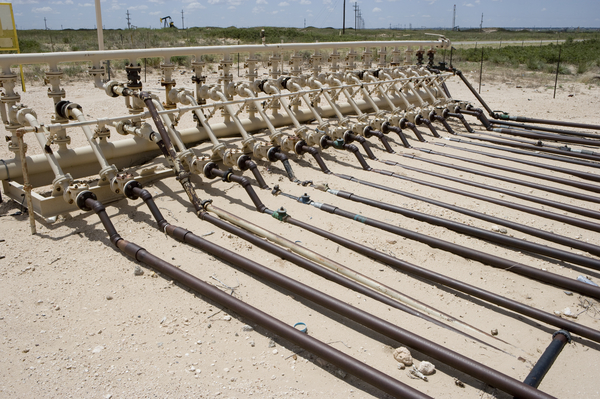
Photo: ©albradenphoto.com
Sierra Club warned today that a California-style approach to water management could have disastrous consequences for Texas. A bill designed to “study” a so-called “water grid”, House Bill 3298, could be up for a vote soon in the Senate after it passed the House on May 8.
HB 3298 would commit Texas to spend millions of dollars to study how to establish a water grid, “including an integrated network of natural and constructed works, including pipelines, pumping stations, reservoirs, and other works for the conveyance of water between river basins, water sources, and areas of water use in the state.” This water grid would be a monstrous “water gridzilla” that will trample on rural areas, agricultural producers, state finances, and fish & wildlife habitat.
“Many Texans find satisfaction in being different from California. But HB 3298 would have Texas follow the deeply flawed California model of massive and costly pumping of water all over the state,” said Ken Kramer, Water Resources Chair of Sierra Club’s Lone Star Chapter. “The Texas House made some cosmetic changes to the bill on the floor, but - to rephrase an old saying - you can put lipstick on a gridzilla but it's still a monster!”
An expensive and elaborate water grid could devastate stressed Texas rivers and aquifers — not to mention imperil the economic viability of rural areas from which water would be exported to serve other areas of Texas, according to Kramer. Moreover, focusing limited resources on a statewide water grid would undermine any prospect for building a consensus on statewide water policy that balances rural and urban interests and protects our natural heritage for future generations.
“Schemes such as the one envisioned by HB 3298 are costly, energy intensive, environmentally destructive and politically combustible, pitting one area of the state against another. This never has been or nor will it ever be the right approach for Texas,” said Kramer.
Similar proposals in previous years were rejected in Texas. The 1968 Texas Water Plan envisioned importing water from the Mississippi River and pumping and piping it all over the state, requiring several nuclear power plants to supply energy to the project. The plan went before the voters in 1969 and it was turned down. The most recent effort — the Trans Texas Water Program (1993-1998) — has also faded from view.
Kramer noted that maximizing water efficiency would minimize the financial, environmental, and social costs of pumping and transporting additional water supplies, and added that highest priority for any state water study should be a comprehensive evaluation of how we can use water more wisely.